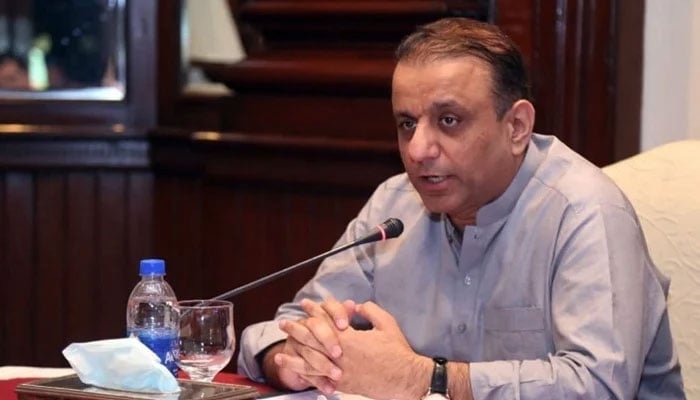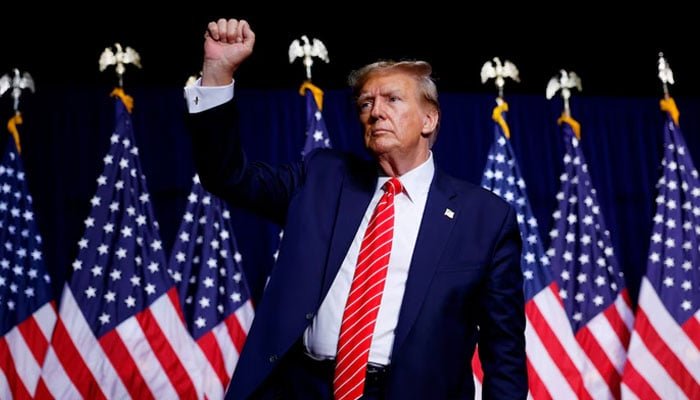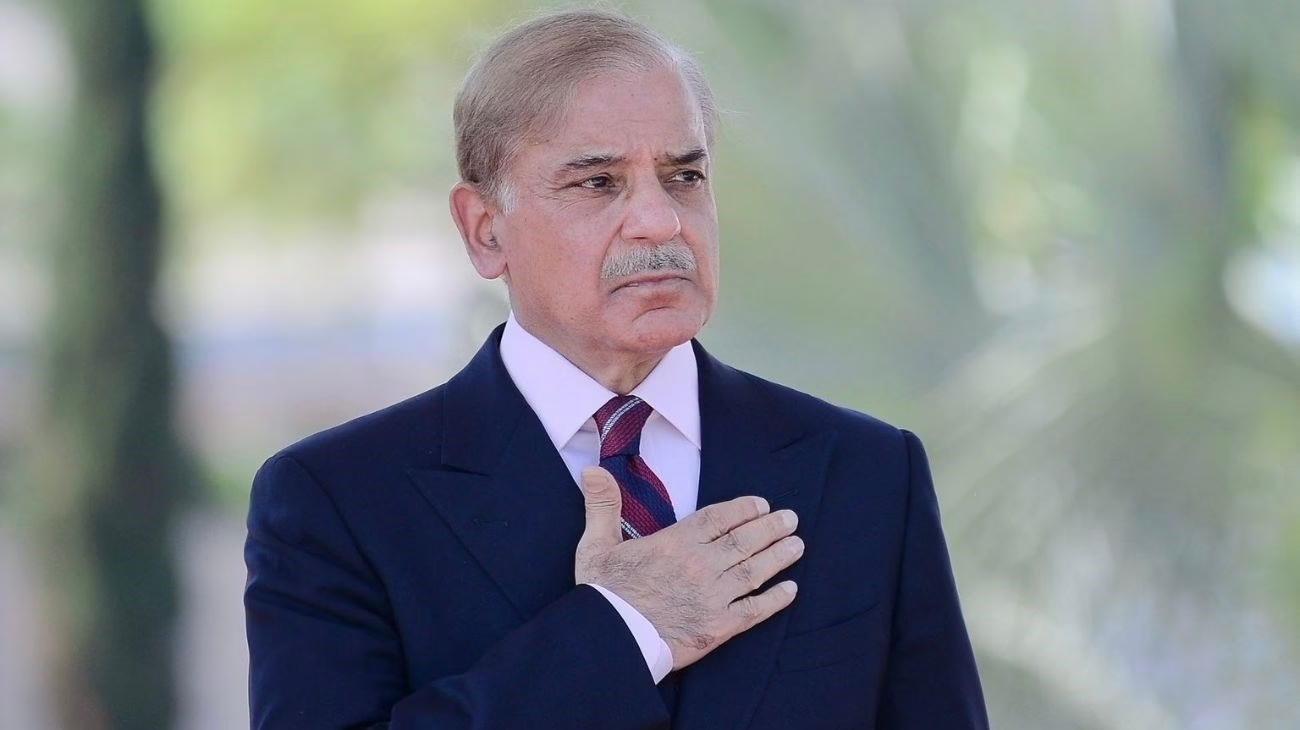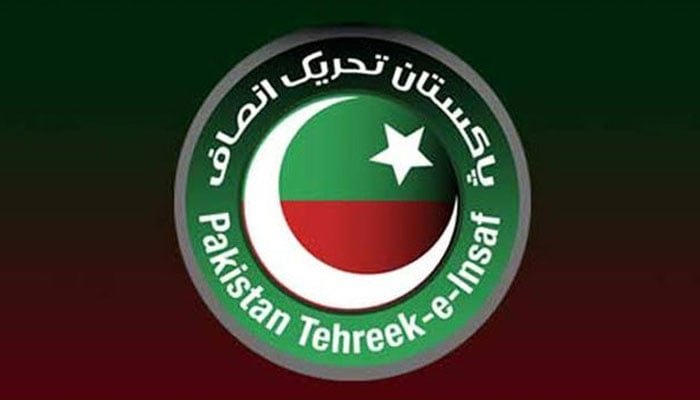The President of the Pakistan Tehreek-e-Insaf (PTI) party, Aliem Khan, has raised significant concerns regarding the allegiance of some PTI candidates who, after winning independently, have allegedly made promises to join the Pakistan People’s Party (PPP). Khan has refrained from disclosing the names of these candidates, indicating a potential fracture within the party.
Aliem Khan emphasized that numerous individuals have been in contact with his party, with several sharing longstanding friendships. However, the contention arises from the alleged commitments made by PTI winners to switch their loyalties and join the rival Pakistan People’s Party.
The situation underscores the evolving dynamics in the run-up to the general elections scheduled for February 8th, a critical moment for political parties nationwide. The political landscape is currently characterized by intense campaigning and strategic alignments as parties vie for the electorate’s support.
While party defections or potential shifts in allegiance are not uncommon in the realm of politics, Aliem Khan’s decision to keep the names confidential adds a layer of intrigue to the unfolding political scenario. Such developments highlight the fluid nature of political affiliations and the strategic maneuvers adopted by candidates seeking to secure their political future.
The upcoming general elections are poised to be a pivotal moment in Pakistan’s political landscape, determining the composition of the government for the coming term. As various political parties intensify their efforts to gain public support, the issue of party loyalty and potential defections adds an element of uncertainty to the electoral process.
Aliem Khan’s cautionary remarks shed light on the challenges faced by political parties in maintaining internal cohesion, especially in the aftermath of electoral victories. The specter of party-hopping, if proven true, could impact the balance of power and influence the overall electoral landscape.
In the lead-up to the elections, observers and voters alike will be keenly watching how these dynamics unfold, as political alliances and individual choices play a crucial role in shaping the future trajectory of Pakistani politics.



